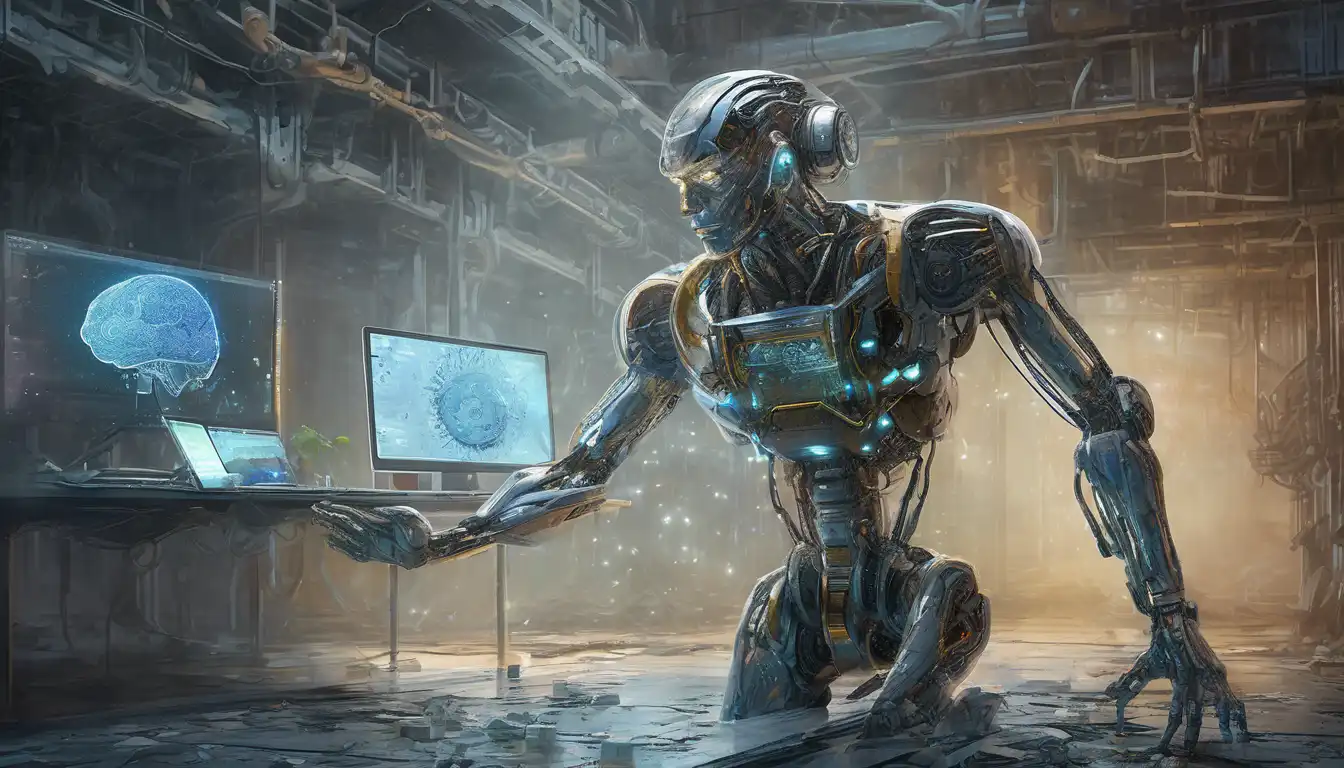Understanding Artificial Intelligence
Artificial Intelligence (AI) has become a cornerstone of modern technology, influencing everything from how we shop to how we work. Despite its widespread application, there are numerous myths surrounding AI that obscure its true potential and limitations.
Myth 1: AI Can Think and Feel Like Humans
One of the most pervasive myths is that AI possesses consciousness or emotions. In reality, AI operates based on algorithms and data. It can simulate certain aspects of human thought processes but does not experience feelings or self-awareness.
Myth 2: AI Will Replace All Human Jobs
While AI is transforming the job market, the idea that it will render human workers obsolete is exaggerated. AI excels at automating repetitive tasks but lacks the creativity and emotional intelligence required for many professions. Instead of replacing jobs, AI is more likely to augment them, creating new opportunities.
Reality: AI Is a Tool, Not a Threat
The reality is that AI is a powerful tool designed to enhance human capabilities. From healthcare to education, AI applications are solving complex problems and improving efficiency. Understanding the distinction between myths and reality is crucial for leveraging AI's potential responsibly.
Myth 3: AI Is Infallible
Another common misconception is that AI is error-free. However, AI systems are only as good as the data they're trained on. Biases in data can lead to skewed outcomes, highlighting the importance of human oversight in AI development and deployment.
Reality: AI Requires Human Collaboration
The most effective AI systems are those that combine machine efficiency with human insight. Collaboration between humans and AI can lead to innovative solutions that neither could achieve alone. This synergy is the key to unlocking AI's full potential.
Conclusion
Artificial Intelligence is surrounded by myths that often overshadow its practical benefits and limitations. By debunking these misconceptions, we can approach AI with a balanced perspective, recognizing it as a transformative tool that, when used wisely, can significantly benefit society. For more insights into how AI is shaping the future, explore our technology section.
